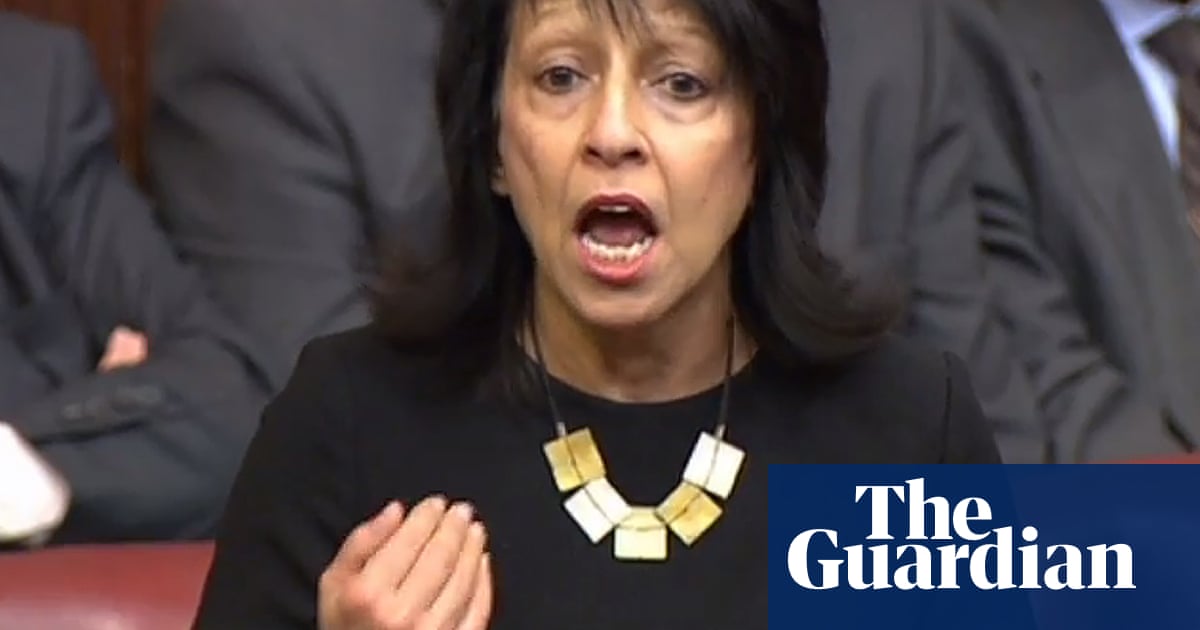Transgender people may be asked about their gender status in the workplace, the equalities watchdog has said, with its chair arguing people should “distinguish between rights in law, and a preference for things to be a certain way”.
Giving evidence to the women and equalities select committee, the chair and chief executive of the Equality and Human Rights Commission (EHRC) said trans people should not be fearful of the repercussions ofApril’s supreme court ruling, which found the word “woman” in the Equality Act refers only to a biological woman.
However, when asked about a series of scenarios in which the ruling might practically affect trans people’s lives, both said formal guidance wascurrently being drawn up.
The EHRC’sinterim advice, published shortly after the court decision, set out that transgender people should not be allowed to use toilets of the gender they live as, and that in some cases they also cannot use toilets of their birth sex.
Asked what she would say to trans people who felt they had lost rights, Baroness Kishwer Falkner, the EHRC chair, replied: “We protect their rights under the law as they exist, and we also have done so and will continue to do so. But I think you have to distinguish between rights in law, and a preference for things to be a certain way.”
Christine Jardine, the Liberal Democrat MP, pushed Falkner and the EHRC’s chief executive, John Kirkpatrick, on how trans people’s privacy could be protected in workplaces and socially “if they are going to be identified because they cannot use certain facilities”.
Kirkpatrick said the watchdog hoped to provide “some appropriate guidance about how, respectfully, questions can be asked in the workplace or in services, and so on and so forth, in such a way as to respect privacy and dignity as far as is possible”.
Asked if this would not still imperil people’s privacy, Falkner said that rights under article 8 of the Human Rights Act, connected to privacy, would not apply in such a case.
Quizzed about how the changed rules about toilet use could be implemented, Falkner said it would primarily be about the “social contract”, adding: “We are not talking about people with badges coming along to enforce anything.”
In another exchange, Falkner, who has been criticised by transgender groups for leading an organisation they argue is insufficiently protective of their rights, said almost all the abuse in the debate came from transgender people and their backers.
“One of the thing that one notices is that the vast majority of that part of our population, which is particularly the women and girls part … the vast majority of those people who felt disadvantaged or felt the law was not supporting them did so in a dignified, respectful manner, frequently using the last resort of a tribunal or a court,” she said.
“Let’s be clear. This supreme court ruling only covers 8,464 people, the holders of GRCs [gender recognition certificates]. So in terms of changing things at all, those are the people affected. But the level of agitation that they can cause in terms of personal attacks, libellous attacks, defamation, where our family members are affected, our intimate family members have to think about how they are going about their place of work and so on, has got to stop.”
